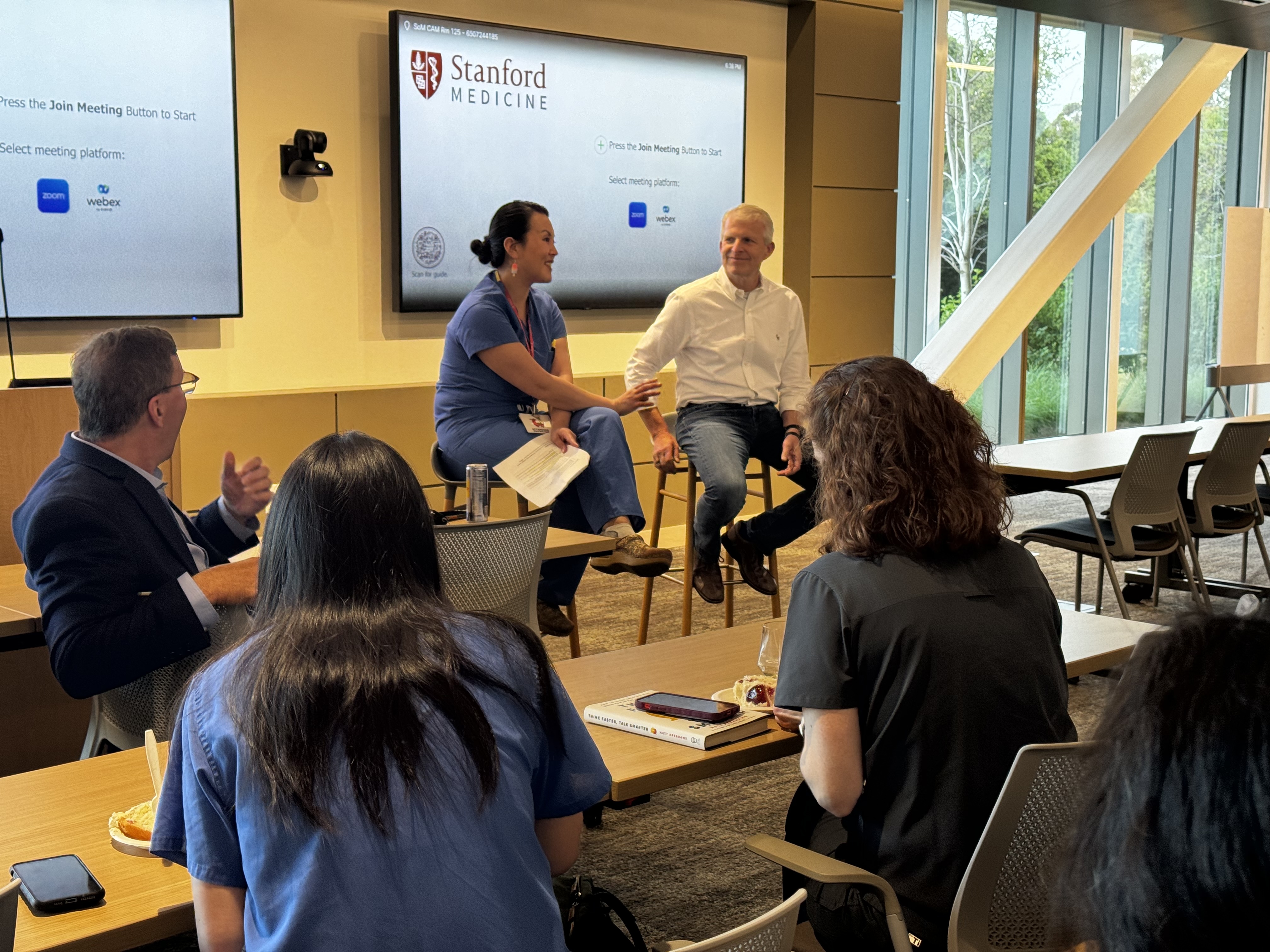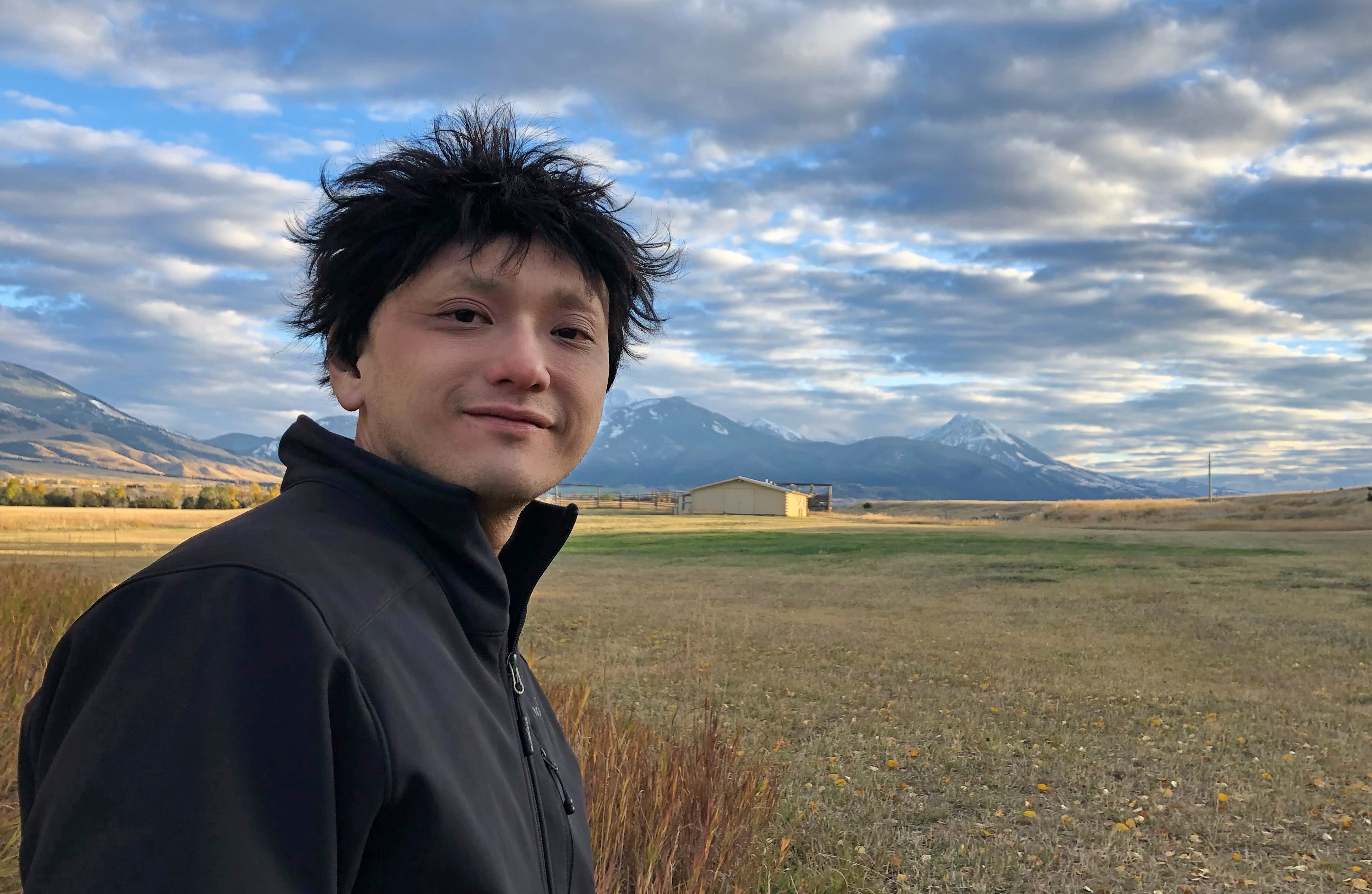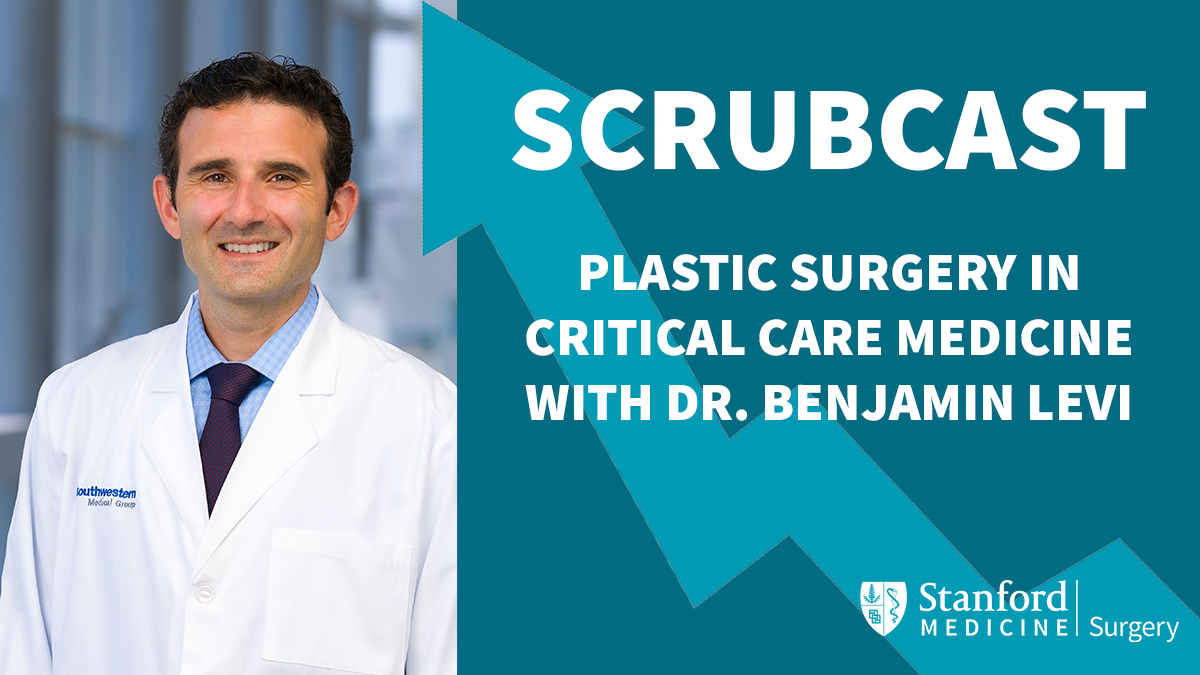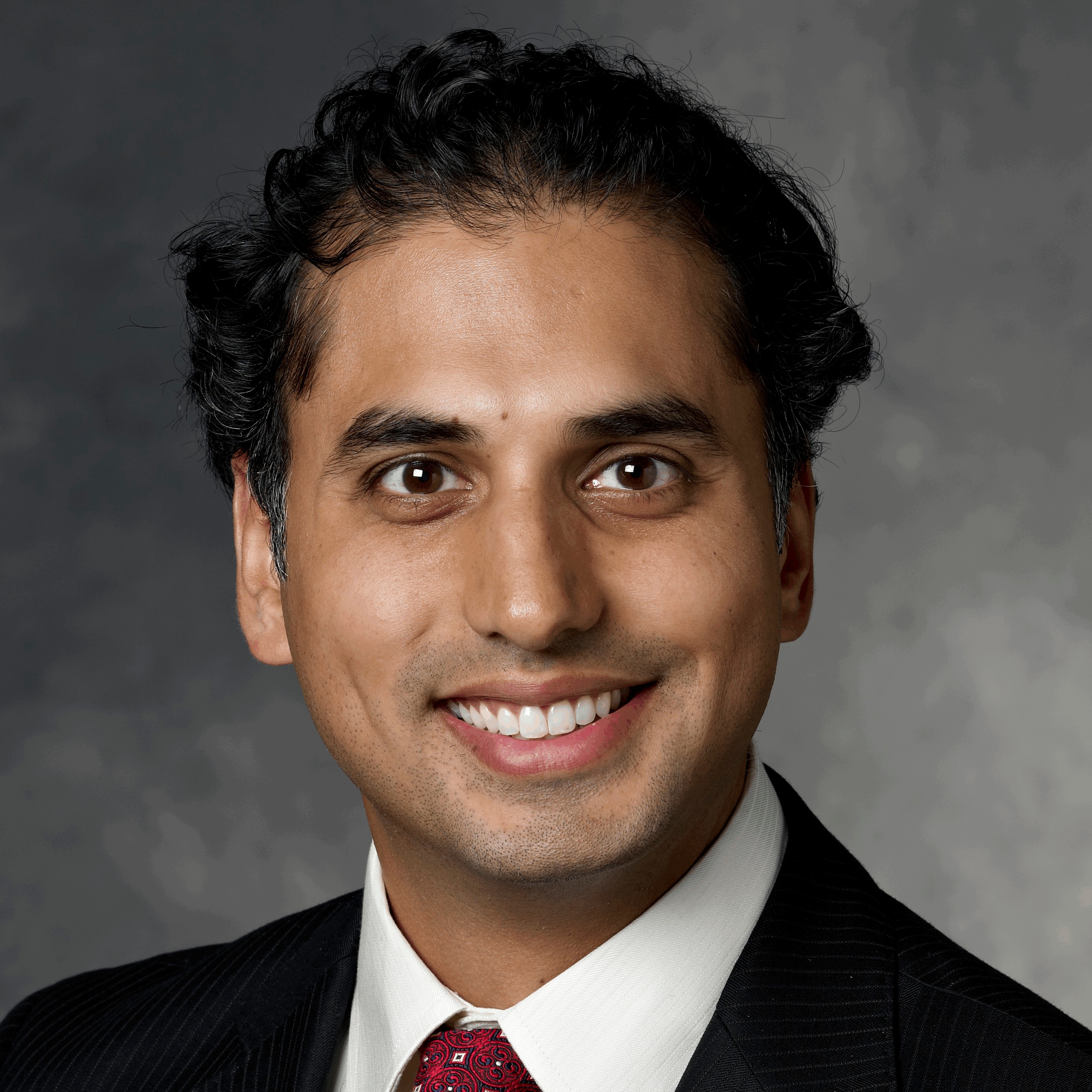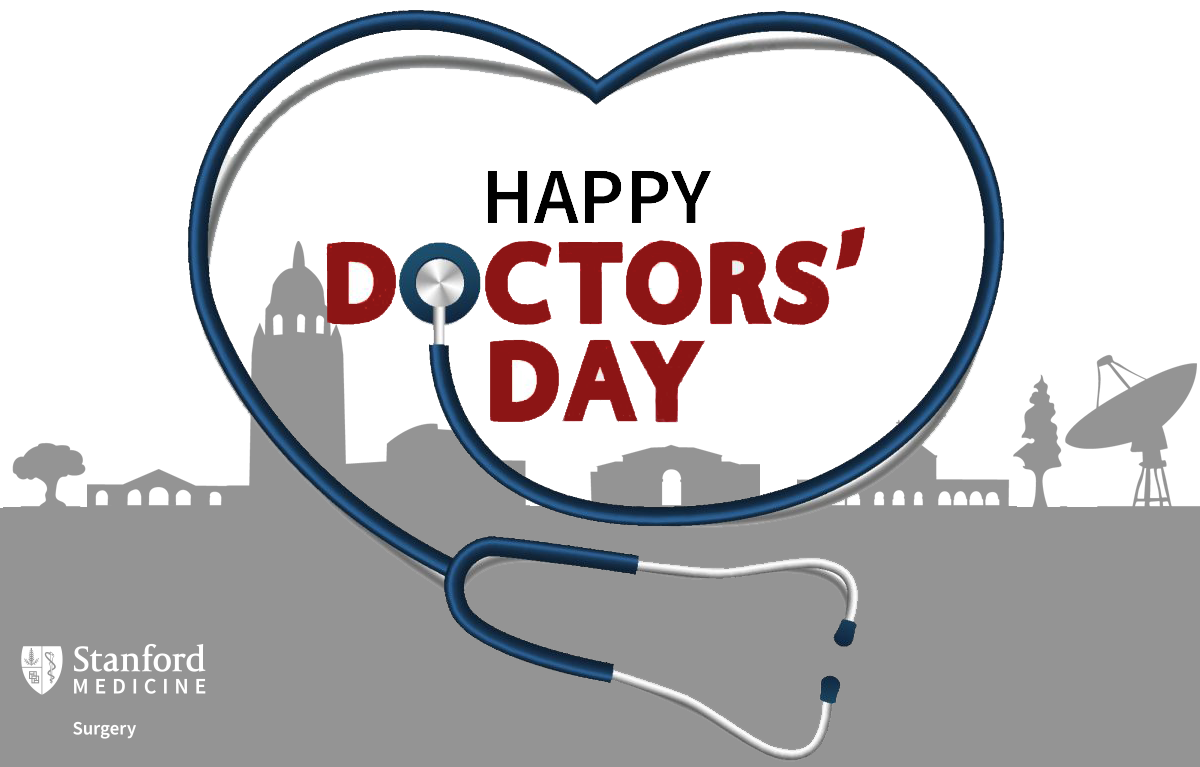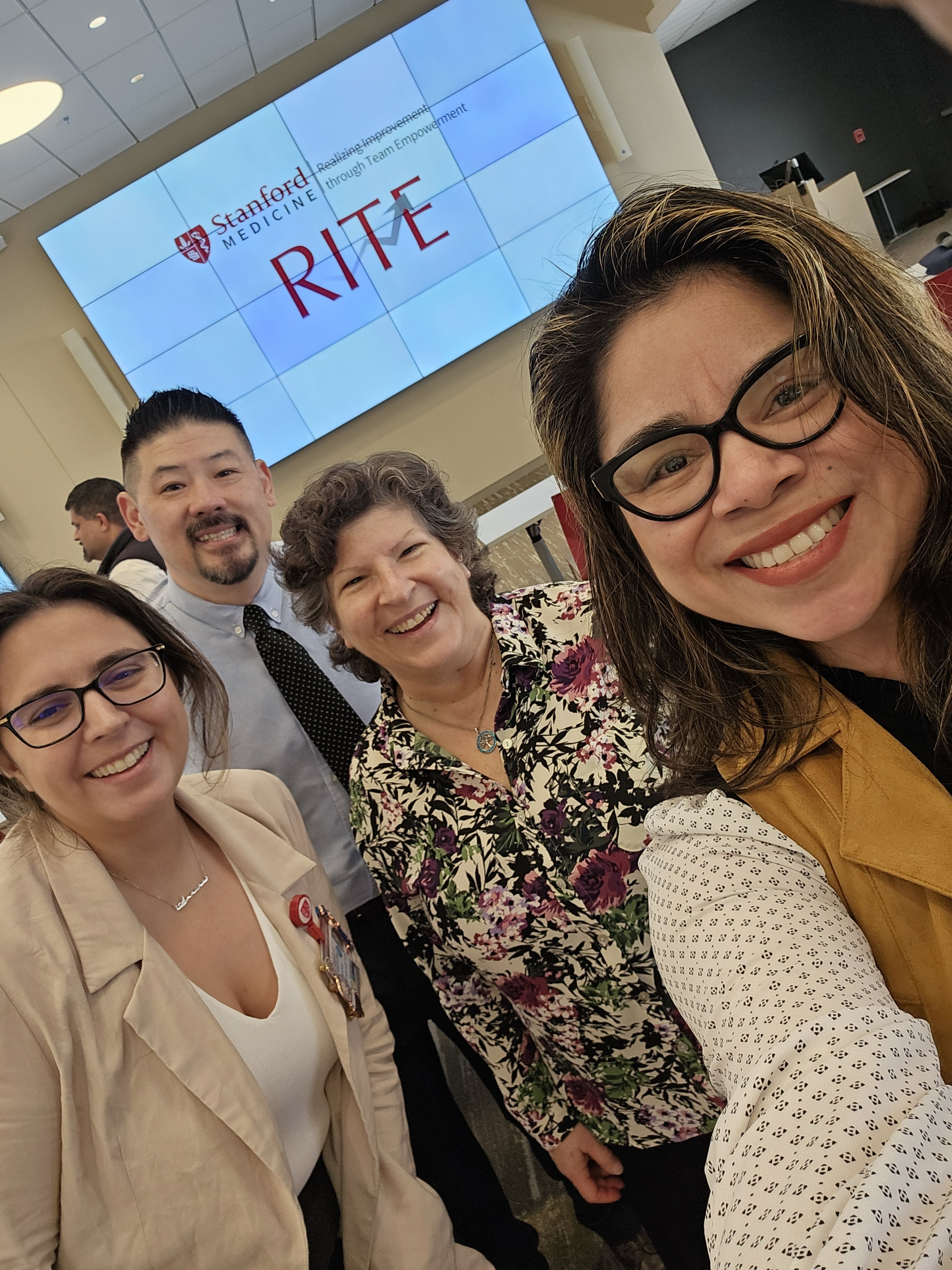Dr. Khosla Promoted to Professor
April 22, 2024
Dr. Rohit Khosla has been promoted to the rank of Clinical Professor in Surgery. The promotion is effective May 1, 2024.
“All of us at Stanford Plastic Surgery are so pleased with Dr. Khosla’s well-deserved promotion,” said Division Chief Dr. James Chang. “He is the consummate artist in terms of his operative techniques in craniofacial, cleft, and facial aesthetic surgery and a resident favorite because of his clinical expertise and commitment to teaching.”
Khosla earned his medical degree at the University of Connecticut School of Medicine before starting his residency in general surgery at the University of Texas Southwestern Medical Center. He transferred into plastic and reconstructive surgery residency three years and then went on to complete a craniofacial fellowship in at the University of Washington’s Seattle Children’s Hospital.
Khosla joined Stanford’s Division of Plastic and Reconstructive Surgery in 2008, and he has served as Surgical Director of the Cleft & Craniofacial Center at Lucile Packard Children's Hospital (LPCH) since 2014. He has published more the 50 peer-reviewed articles including the Plastic & Reconstructive Surgery Journal’s Best Pediatric/Craniofacial Paper for 2018 calendar year: Anatomic Nasal Lining Flaps for the Closure of the Nasal Floor in Unilateral and Bilateral Cleft Lip Repairs Reduce Fistulas at the Alveolus.
Related News
- – Surgery
Khosla et al Win Plastic Surgery Best Paper
A paper by the Division of Plastic and Reconstructive Surgery's Dr. Rohit Khosla et al received a Best Paper Award from the Plastic and Reconstructive Surgery Journal.
Media Contact
Bio
About Stanford Surgery
The Stanford University Department of Surgery is dedicated to inventing the future of surgical care through:
• pioneering cutting-edge research,
• developing the next generation of leaders, and
• healing through incomparable surgical skills and compassion.
To learn more, please visit surgery.stanford.edu
The Latest
- Surgery
ACSCC24 Wangensteen Scientific Forum Dedicated to Dr. Hawn
Dr. Mary Hawn has been selected as the Dedicatee of the Owen H. Wangensteen Scientific Forum at 2024 ACS Clinical Congress. The forum will take place Saturday, October 19 through Tuesday, October 22 in San Francisco.
- Surgery
Faculty PD Team Hosts First Networking Event
Drs. Pete Lorenz and Stephanie Chao, the vice chair and associate vice chair of professional development at Stanford Surgery, hosted a networking event with special guest Matt Abrahams.
- News Center
Chuck Chan, stem cell researcher who discovered how to regrow cartilage, dies at 48
The Stanford Medicine researcher was known for his groundbreaking work and his generous spirit as a mentor and colleague.
- Surgery
The Role of Plastic Surgery in Critical Care Medicine with Dr. Benjamin Levi
This episode of Scrubcast features Dr. Benjamin Levi, Chief of Burn, Trauma, Acute, and Critical Care Surgery at UT Southwestern and our honored guest at the 2024 Emile F. Holman Lecture.
- Surgery
Dr. Khosla Promoted to Professor
Dr. Rohit Khosla has been promoted to the rank of Clinical Professor in Surgery. The promotion is effective May 1, 2024.
- Global Health
Meet Dr. Derbew Fikadu Berhe, University of Global Health Equity researcher, educator, and pharmacologist - Global Health
Dr. Berhe will be at Stanford April 23-27 for a mixed methods research training and hopes to connect with colleagues in global health research, pharmacology, and noncommunicable diseases. His trip is sponsored by Stanford Surgery's Office of Global Engagement.
- Surgery
Surgery Expands National Doctor Day to a Month-long Celebration
Although National Doctor’s Day officially took place on March 30, Stanford Surgery celebrated department faculty all month-long with a series of events.
- Healthier, Happy Lives Blog
How a Social Media Post Led a Teen to Find a ‘Kidney Buddy’ for Life
Jaxon was diagnosed with nephronophthisis, a genetic disorder of the kidneys. Children who have this disease need a kidney transplant by the time they’re teenagers, as it eventually leads to kidney failure.
- Healthier, Happy Lives Blog
New Liver Gives a Toddler a Renewed Chance at Life
“Ocean was in dire need of a liver transplant,” says Carlos Esquivel, MD, pediatric transplant surgeon. “He was very ill and running out of time to wait for a compatible pediatric donor. We rarely get a pediatric donor. We had an offer for him from an adult donor that was his only chance for survival. We were able to use a small segment of the donated liver to save his life.”
- Surgery
Team Reduces Reimbursement Rejections by A Third
A team comprised of Linda Thomas, Co-Lead Carmen LoCascio as well as Robin Cohen, Amos Lam, Kevin Lee, Ana Mezynski, and Jackie Stahl participated in SHC's RITE (Realizing Improvement through Team Empowerment) Program and successfully reduced reimbursement rejections from 25 to 17%.

